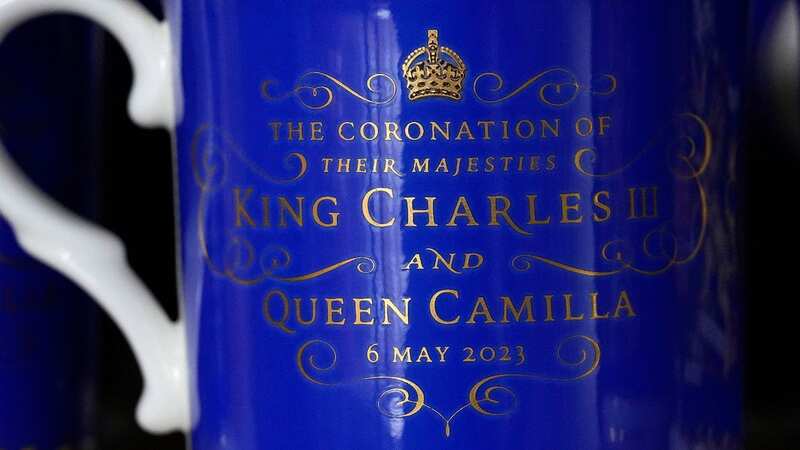People are only just finding out how Royal Blue got its noble name
With Coronation celebrations in full swing, shop windows and streets across the country are adorned with regal colours, as royal fans wheel out the bunting and balloons for the big event.
The most eager among us might even be decked out in Royal Blue. A long-popular shade, its fans include Kings and Queens. After all, there's a reason why the blue, which adorns the official chinaware for the King's Coronation, acquired its regal name.
But you might be surprised to learn just how far back the history goes, even if the shade's enduring appeal needs no explanation.
The tradition dated back to another King entirely - King George III to be exact.
It all started when the monarch set himself an important mission as Shadmaan Kader, owner of fabric firm Poundametre, explained, as per the Daily Star.
 Kate Middleton swears by £19.99 rosehip oil that helps 'reduce wrinkles & scars'
Kate Middleton swears by £19.99 rosehip oil that helps 'reduce wrinkles & scars'
The expert said: "The origins of the iconic Royal Blue colour can be traced back to the late seventeenth and eighteenth centuries, in which King George III was testing clothiers up and down the country in the hopes of finding a shade of blue to be used by Royalty.
"A factory called Scutts Bridge in Rode created the iconic shade and was later known as 'The Royal Blue'. Blue can be mixed with many colour combinations, but is most notably paired with red and white to signify the flag of Great Britain."
It's not the only lesson people have been learning thanks to the Coronation either.
Although it shouldn't be much of a surprise Coronation chicken gets its name from a regal source, not everyone will know it comes from the late Queen's Coronation.
But with the focus once again on the royal family, shocked foodies will now know how the dish got its name back in 1953. Or at least, the name it is best known by.
The creation is officially called Poulet reine Elizabeth, even if it doesn't quite roll off the tongue.
Read more similar news:
Comments:
comments powered by Disqus


































